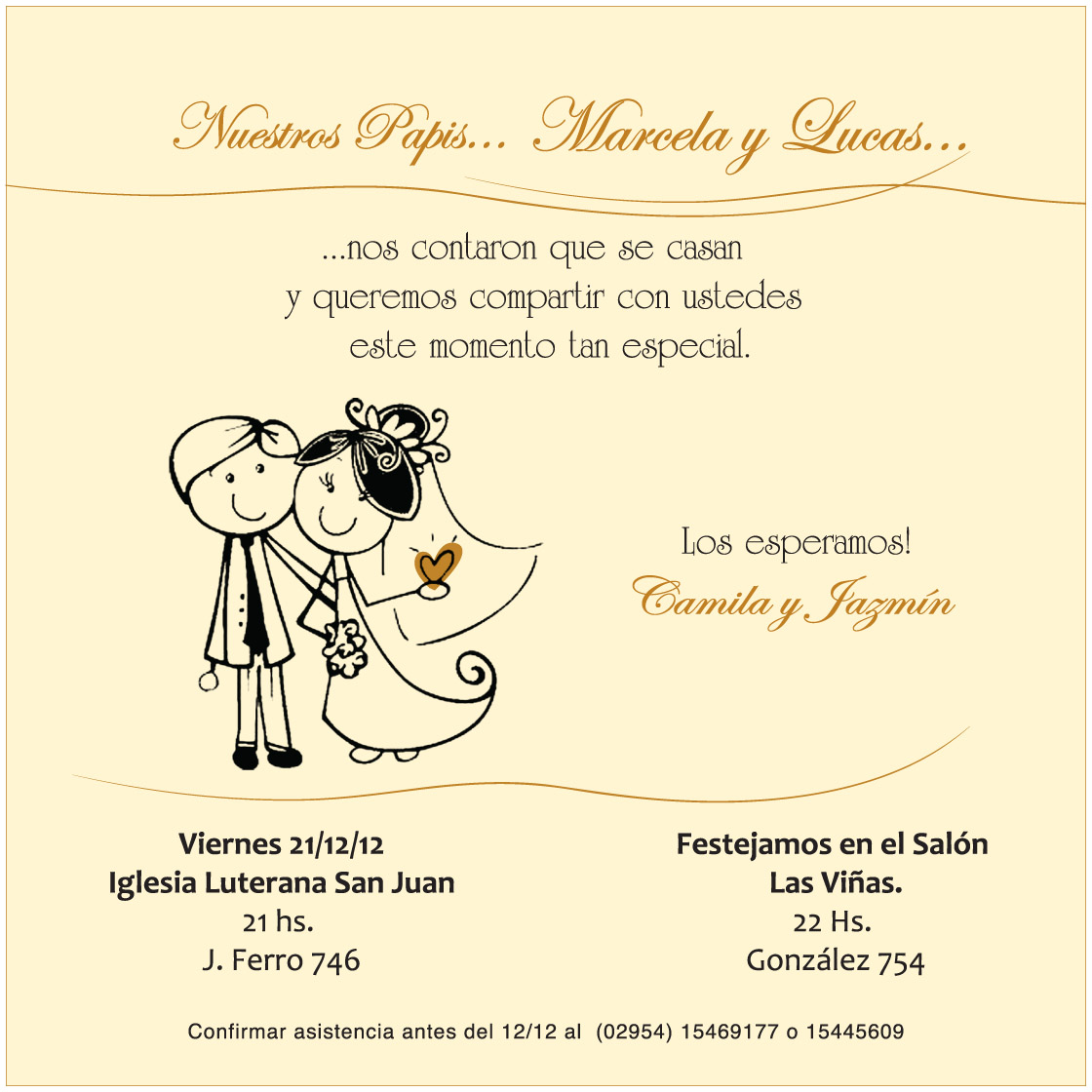The Enduring Significance of Mentors in Christian Weddings
In the tapestry of a Christian wedding, woven with tradition, faith, and love, certain figures stand out as pillars of support and guidance. These individuals, often referred to as "padrinos" in Spanish, embody a role that extends far beyond the celebratory nature of the occasion. They are chosen for their wisdom, their spiritual depth, and their unwavering commitment to the couple's journey as they transition from individuals into a united partnership.
The concept of having mentors in a wedding ceremony isn't unique to Christianity, of course. Many cultures and faiths recognize the importance of having wise and trusted individuals present to bless and support the couple. However, in the context of Christian weddings, these figures often take on a deeply spiritual dimension. They act not just as witnesses to the legal and social union but also as spiritual guides, offering counsel, prayer, and encouragement as the couple navigates the challenges and triumphs of married life.
The history of having these mentors in Christian weddings can be traced back centuries, reflecting the communal nature of faith and the understanding that marriage is not simply a private affair but a sacred covenant entered into within the embrace of a community. In the past, these roles were often filled by godparents, extending the spiritual kinship established at baptism into the realm of marriage. Today, while godparents can still serve as mentors, couples are increasingly choosing close friends or family members who have played significant roles in their lives and who embody the values they hope to cultivate in their marriage.
The responsibilities of these chosen mentors vary depending on cultural traditions and the couple's preferences. However, some common threads run through the various expressions of this role. Mentors are often involved in the wedding planning process, offering advice and practical support to the couple. They may be present for pre-marital counseling sessions, helping the couple to navigate potentially challenging conversations and to lay a strong foundation for their marriage. On the wedding day itself, they often hold prominent positions, standing with the couple at the altar, offering readings, or even delivering a speech during the reception.
However, their role extends far beyond the ceremonial aspects of the wedding. These individuals are chosen not for a single day but for a lifetime. They are expected to remain present in the couple's life, offering support during times of difficulty, celebrating milestones, and providing a listening ear and wise counsel as the couple faces the inevitable ups and downs of married life. They become, in essence, a living embodiment of the community's commitment to the couple's success, a tangible reminder that they are not alone in this journey.
Advantages and Disadvantages of Having Mentors
While the tradition of having mentors in Christian weddings offers numerous benefits, it's also essential to acknowledge potential drawbacks:
| Advantages | Disadvantages |
|---|---|
|
|
The role of mentors in Christian weddings is multifaceted and deeply significant. They serve as pillars of faith, offering guidance, support, and a tangible link to the community's love and commitment to the couple. By carefully selecting these individuals and embracing the spiritual depth of their role, couples can draw on the wisdom and strength of their chosen mentors to navigate the challenges and celebrate the joys of married life.
Conquer your yahoo march madness bracket a guide to victory
Elevating simplicity the enduring power of aesthetic images black and white
The power of connection why hola mi nombre es rosel matters














